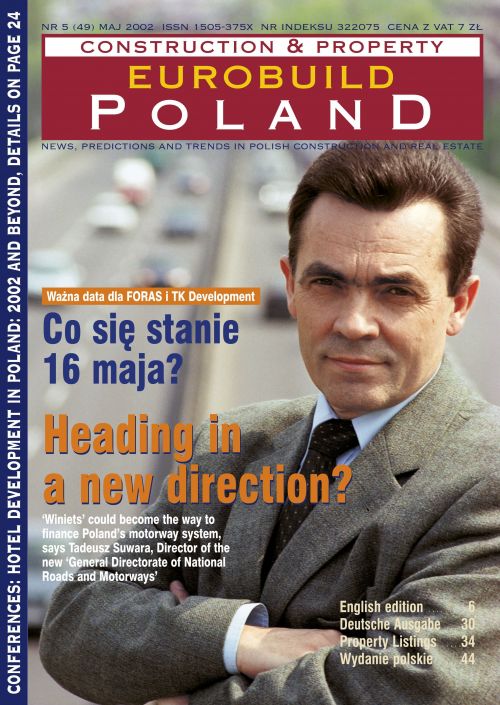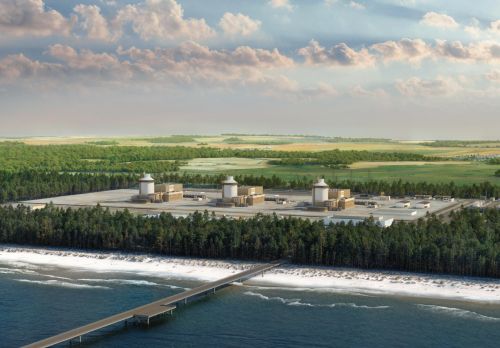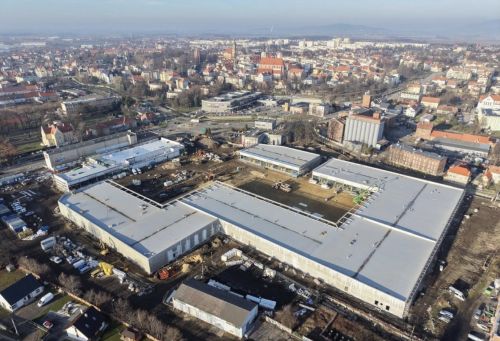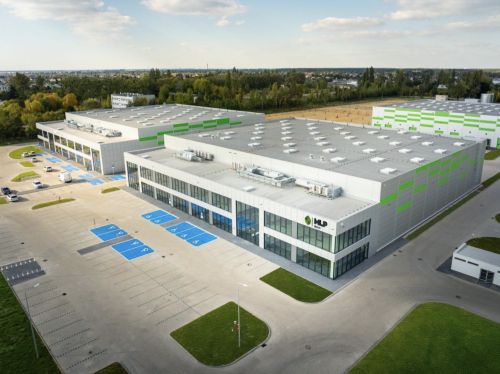Agricultural investment: another string to your investment portfolio?
Hitherto Poland's Warsaw-centric real estate community
has focused almost exclusively on urban investments. By and large these office,
retail and warehouse schemes have served investors well. As returns drop,
however, could investment in agricultural property offer additional opportunities
to complement urban real estate?
In established property markets investment in agricultural
property has historically been considered a safe bet by institutional investors.
,In Western Europe agricultural land is one of the most sought after commodities
for investors as their prices seldom fall," says Giles Peberdy of land agency
consultancy Anglo-Agri. In Poland to date, how-ever, agricultural investment
has hardly been considered at all. As one German investment fund commented,
,Investment in agriculture is not on our radar screen". This response, which
was fairly representative, Peberdy claims not to be sur




























































